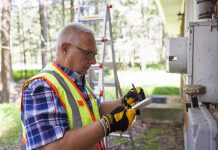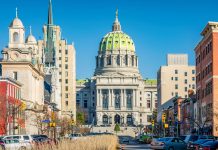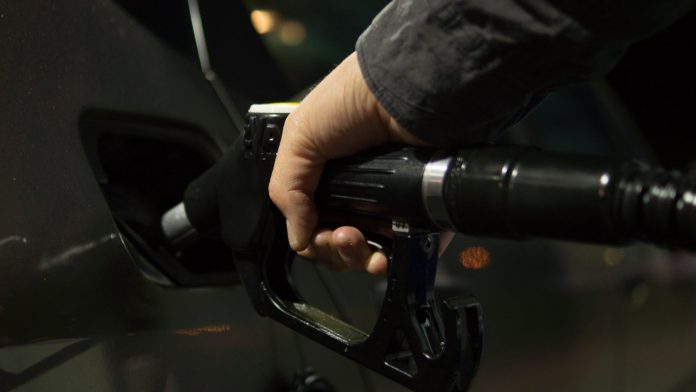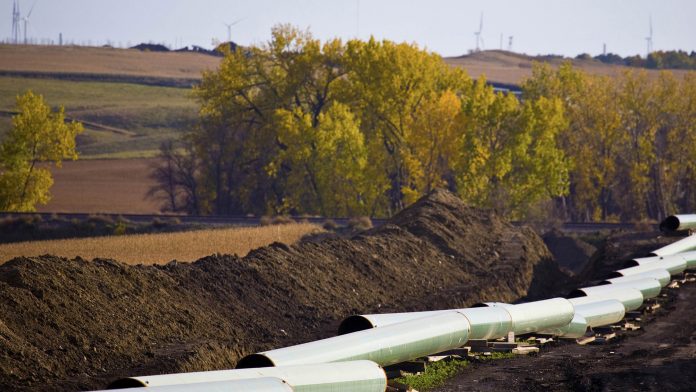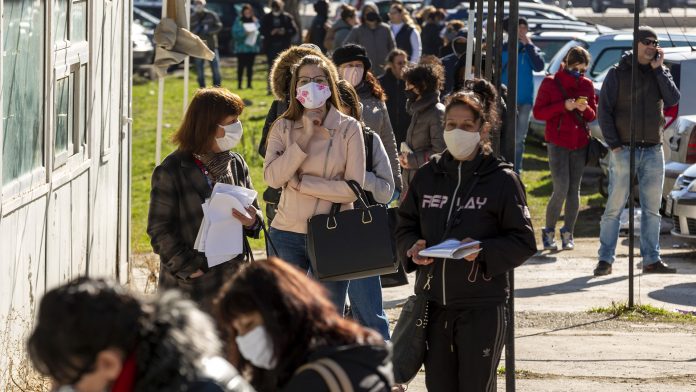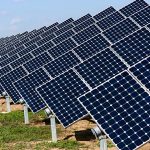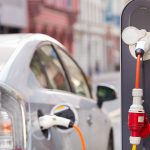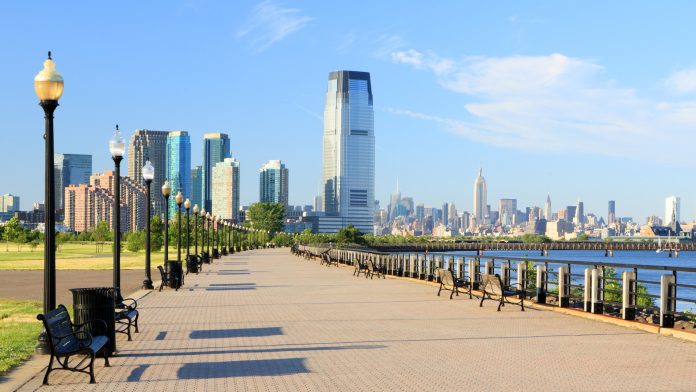What will our future look like post-COVID-19? Especially in the realm of energy, which we had started to write off before the pandemic, but has suddenly, become a much-needed commodity as we battled the virus.
The question that remains as we start to clear the dust left from the devastation triggered by the virus is “how do we move forward?” When we assess major disruptive events throughout history, an enduring truth emerges: Reliable, affordable and resilient energy is central to creating an environment that will safeguard our families, our small businesses and our economic future.
What has been remarkable during the pandemic is the strength and flexibility of our energy delivery systems – think pipelines and the poles and wires that run our electricity to homes – underscoring that these are built to last in all conditions. It’s in stark contrast to more vulnerable sectors, such as retail, services, and travel and tourism. Even our health care sector – as a critical and 24-7 a sector as there is – struggled under the strains of COVID-19.
Except for our sometimes limited understanding of individual sources of energy (think wind, solar, oil and gas), we often don’t think about energy in the context of how we use it. But it’s pretty clear we are grateful for it when we have and are shocked when we don’t, a sign of how dependable American energy supplies are.
We hope that consumers recognize and understand how vital energy and our infrastructure is to our economy and its growth. It is also essential to ensure our millions of unemployed can regain and retain their jobs that countless small businesses can get back on their feet and survive.
It won’t be easy because, for small businesses and consumers alike, a unique kind of hurt endures post-pandemic. Main Street’s confidence has crashed. Lending Tree’s latest survey of small-business owners, released on May 28, indicates that 46% of owners worry they can’t afford to resume normal operations.
This is a scary finding, signaling that to play its traditional critical role in a post-crisis environment, reliable energy must be praised – not vilified – as we continue to generate and supply clean, cheap and secure supplies.
Utilities are doing their part. During COVID-19, utility companies across the U.S. have been taking significant steps to make sure affordable service stays in place and to be sensitive to the needs of their customers hit hard the economic fallout from the virus.
But policymakers and regulators must do their part as well. In New Jersey, for instance, it’s unfathomable that Burlington County Engineer Joseph Brickley in May issued a stop-work order against New Jersey Natural Gas’s Southern Reliability Link pipeline project at the border of Burlington and Monmouth counties, even though Monmouth County has approved the work.
And it’s regrettable that the state’s Department of Environmental Protection has denied permits sought by Williams’ Transco to build a natural gas pipeline through portions of Central Jersey that proponents say would meet a demand for a clean alternative fuel that can lower emissions.
With the highest tax burden in the country, and where the cost of living makes it one of the 10 most expensive places to live, New Jersey needs to be especially smart as it thinks about policies that could raise any costs for its residents, which already pay electric rates well above the national average.
This is why CEA has been urging community leaders, business owners and individuals to speak up to policymakers and regulators about rejecting ill-advised mandates in proposals like the Energy Master Plan (EMP). The plan has loft goals but the authors admit that most of the foundation on which the plan is staked isn’t even available yet: “(I)t acknowledges that there are forthcoming technologies that are not yet available or developed.”
Political promises that will create financial impacts years after those who make them have left office should be reviewed with extra scrutiny, especially those based on “technologies that are not yet available or developed.” This isn’t helpful for communities that will need a sustainable transition that won’t raise their energy costs.
It is telling that the least-cost analysis of the EMP – written by the same billionaire-funded consultants who have advocated for its radical changes – became available for review only after the public comment period for the EMP expired.
Unsurprisingly, the costs were higher. After all, the consultants that prepared the report and who say a rapid transition to new sources of energy is possible right now rely on $1,900 chairs to heat or cool employees in their Colorado headquarters, which was built as a testament to their principles and as such, has no central heating of cooling. Just expensive individual chairs.
The EMP ultimately doesn’t take into account the complexity of the energy system nor does it contain a rigorous and analysis of its feasibility or cost to the economy and now the more than 15 percent of New Jersey residents, or 1.35 million, who are out of work due to the COVID-19 lockdowns.
Policymakers should not raise energy bills by implementing harmful plans found in the EMP, which would hurt families and small businesses, and prevent supplies of a clean, affordable fuel like natural gas from reaching consumers and small businesses who prefer it over more-expensive electricity and heating.
If we hear anyone advocating one kind of energy over the other, the first question we ought to ask ourselves is whether the person advocating for one kind of energy and against another has a financial interest in “their” energy succeeding. If the answer is yes, we should doubly question their findings of competing energy sources.
Elsewhere, we hope more legislatures will follow the growing number of states that are adopting infrastructure protection laws to prevent anti-energy activists to stage disruptive public protests against needed energy projects.
If past crises are any indication, adjustments to our energy systems will be evolutionary, not revolutionary. Change is beneficial but we must ensure that our energy supplies continue to be reliable, reasonable and resilient.

